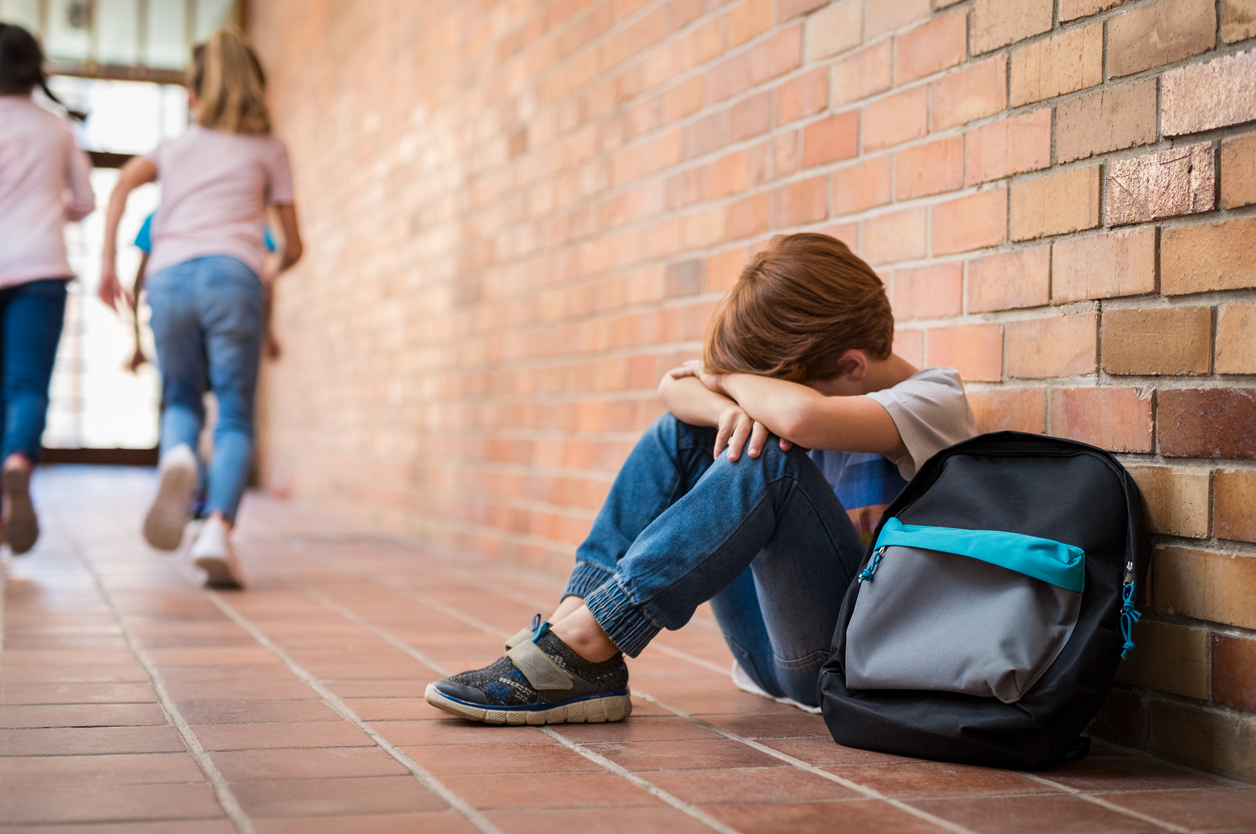The effects of childhood bullying are long-term and can often follow your child well into adulthood, leading to lifelong psychological and emotional difficulties. If you suspect that your child is being bullied, it’s important to handle the matter delicately and teach them the proper coping strategies. Bullying in school is a common problem that was once considered a normal part of childhood but is now regarded with much more severity.
It’s important for parents, teachers, and school administrators to stand together and recognize the signs of bullying. Here are a few tips on how to help your child deal with bullying.
Understand the Signs of Bullying
Bullying can take on a multitude of forms, which can make it extremely difficult for many adults to recognize when it’s taking place. The challenge often lies in differentiating between unintentional rude behaviour that some children may exhibit during their formative years and intentionally aggressive behaviour. Characteristics of bullying include the following criteria:
- Intention to cause physical or emotional harm
- Repetitive physical or psychological aggression
- And a power imbalance between the bully and their target(s)
Encourage Open Communication
Talk to your kids about bullying and encourage them to confide in you or other adults they trust if they’re being bullied. Explain the difference between simple disagreements between friends (which are perfectly normal and acceptable) and systemic bullying. This will in turn help them realize when it’s happening to them or one of their peers. Listen carefully to what your kids tell you and applaud them for bravely sharing their experiences with you.

Talk to Their Teachers and Principal
School administrators have a tough yet rewarding job. Aside from educating your kids, they’re also responsible for governing their behaviour and defusing conflicts amongst kids in their classes. Unfortunately, it’s impossible for teachers to spot every micro-aggression between kids, and most bullies are very good at hiding their aggressive behaviours. That’s why it’s important for parents or guardians to alert the school of any potential instances of bullying and work with the school to resolve the issue.
Coach Your Child on How to Respond to Bullying
Whether your child is the one being bullied or if they witness someone else being bullied, there are a few appropriate and effective responses they can use to defuse the situation. Bullies are typically insecure and project these insecurities onto others by acting out aggressively. Perceived weakness or insecurity in others attracts bullies like flies to honey. By practicing assertion (not aggression), looking the bully right in the eye and defending themselves verbally without insulting the bully, your child can demonstrate a strong sense of self-confidence. Seeing this level of confidence typically throws bullies off their game.
Consult a Professional Counsellor
If all else fails and your child is still experiencing bullying in school or the bullying worsens, then you might want to consider having them attend therapy. Child bullying therapy can provide a safe space for your child to speak openly about their experiences. Sometimes, they may not feel comfortable speaking to their parents or teachers at school about what’s going on, so they need another trustworthy adult to confide in.